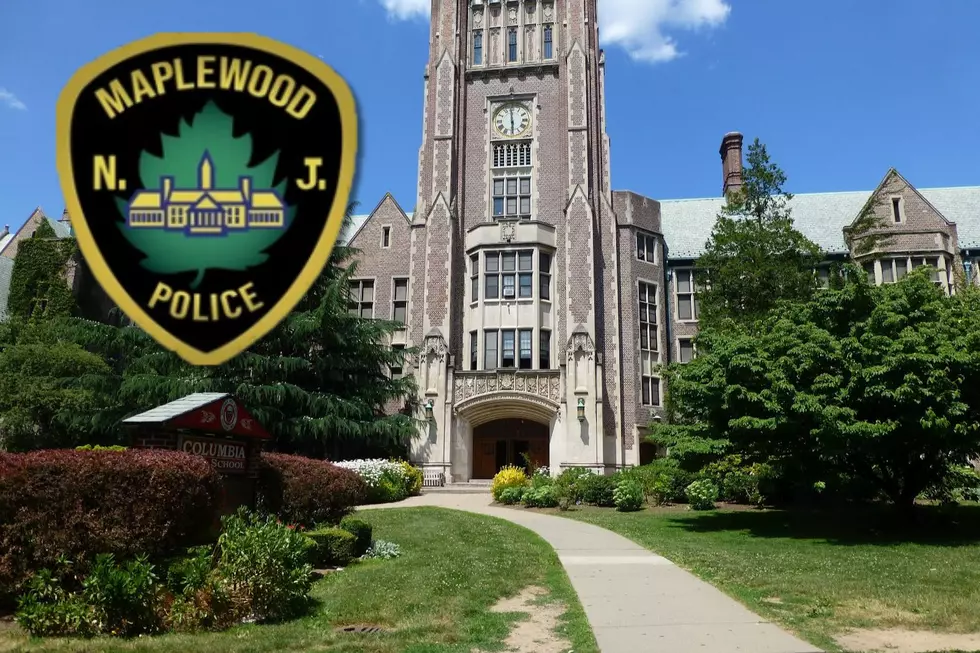
NJ’s incinerators are spewing toxins in already polluted low-income communities
A new study by The New School in New York City finds that 80% of incinerators in the United States are located in areas known as environmental justice communities — low-income communities and communities of color — spewing chemicals in areas already struggling with polution.
In New Jersey, it's no different, with incinerators located in Rahway, Newark, Camden and Westville. There's one in Belvidere in Warren County closing down soon.
Jeff Tittel, director of the New Jersey Sierra Club, said the problem is incinerators are being put in low-income, minority communities that are already overburdened with pollution.
In Newark's Ironbound, he said, there's not only an incinerator but also three power plants within a mile or two of it. In Camden, cement, power and sewer plants are all next to each other.
Tittel said state lawmakers and politicians figure these communities don't have a lot of power or money to fight back, and therefore they dump everything into them.
Tittel said there's also a tremendous amount of traffic from garbage trucks traveling through the communities, causing their own pollution.
Newark and Camden incinerators emit the greatest amount of lead in the country, Tittel said. On top of the lead that's coming out of the smokestacks in the communities, there's also lead in the water and pipes and lead paint in the older homes
Tittel said People don't realize that half of the garbage going into these incinerators is coming from out of state, "and that's just wrong."
Incinerators are not cost-effective, he argues — and says state subsidies supporting them just subsidize poisoning children and communities.
Tittel said residents can reduce the dependence on incinerators by reusing, recycling and reducing household waste. He also argues plastic bags, straws and styrofoam cups should be replaced with paper and other biodegradable products.
Tittel believes New Jersey has gone backward in the way of recycling in the last few years and the state can do a better job in educating the public about reusing, recycling and reducing waste.
Another thing New Jersey can do is adopt a bottle bill, he said. Tittel said in Michigan, 97% of bottles are recycled but in New Jersey, it's only 50%. States like New York and Michigan have a bottle bill. He said New Jersey should consider doing something similar.
Tittel said he hopes the study will be a wake-up call to the Murphy administration
Incinerators are a failed technology of the 1970s, Tittel said.
"It should go away with platform shoes and disco music," he said.
More from New Jersey 101.5:
More From New Jersey 101.5 FM









